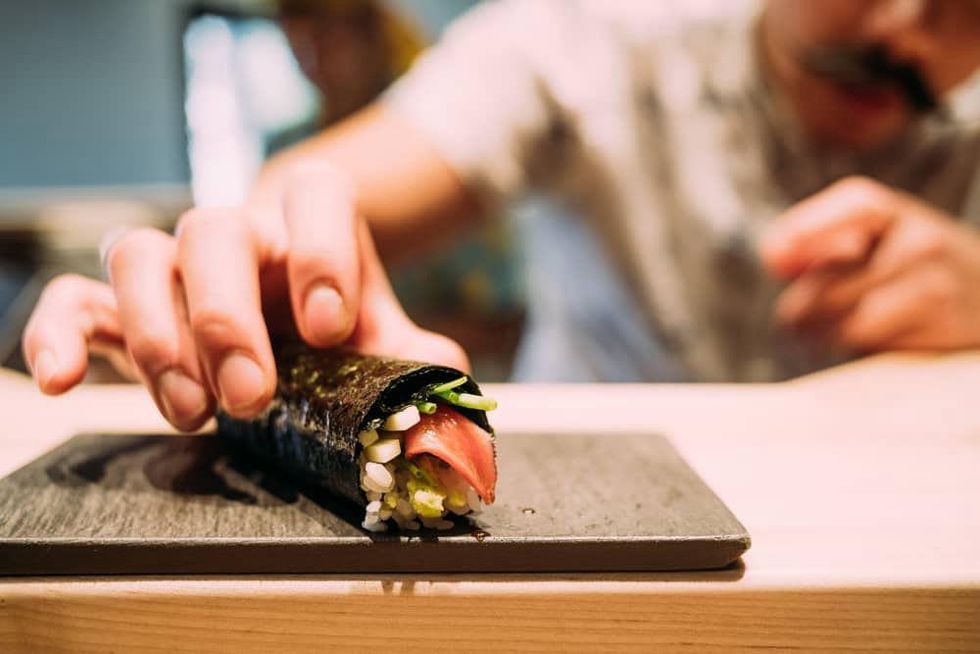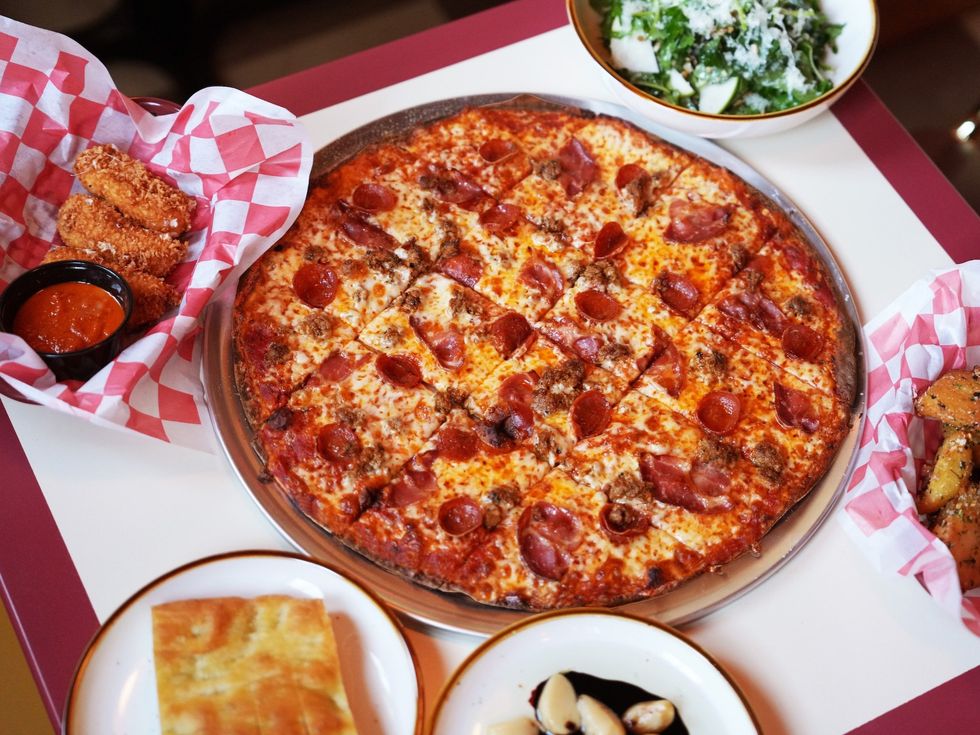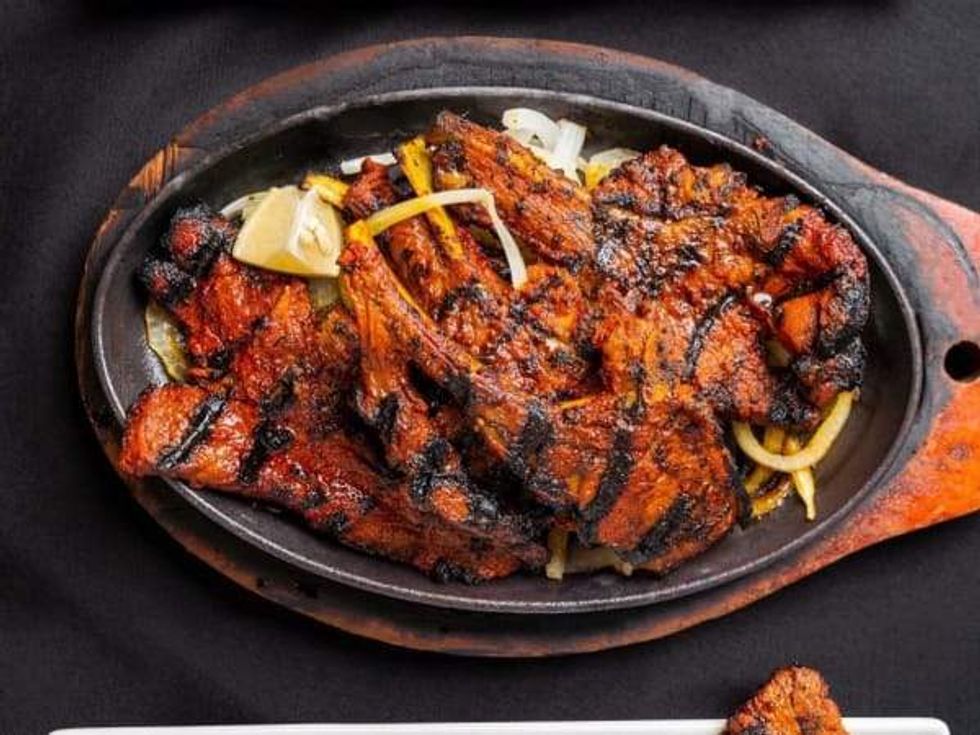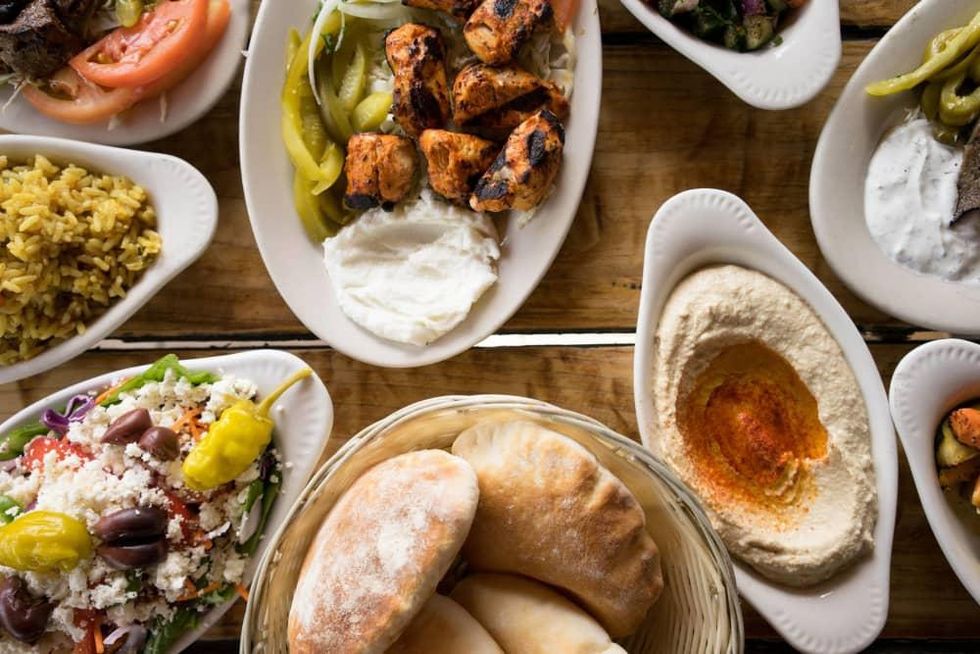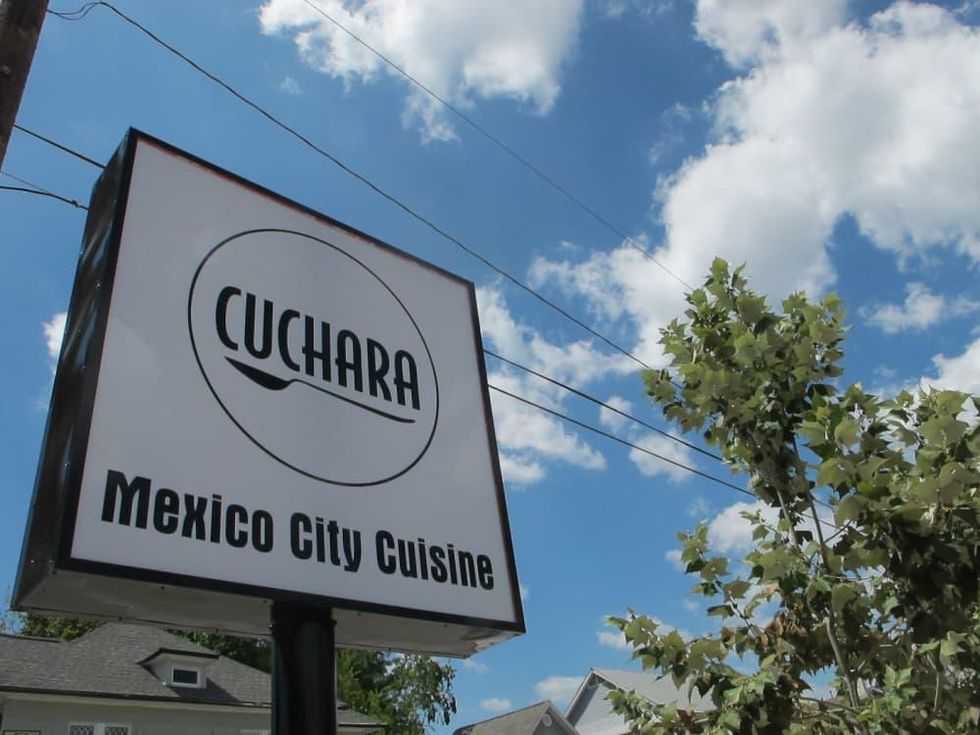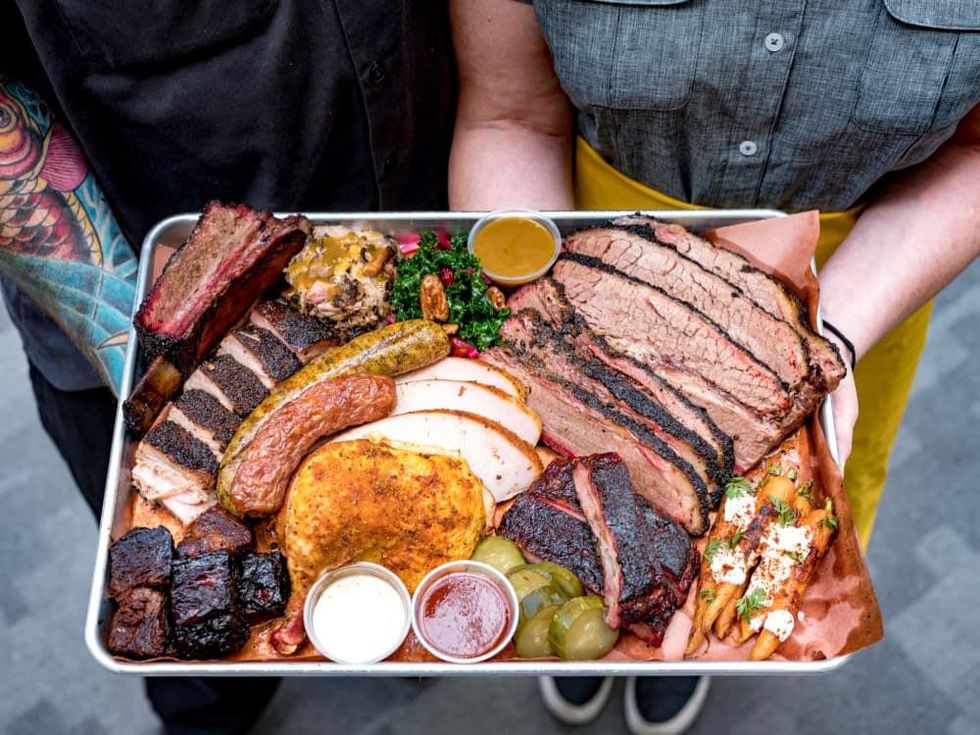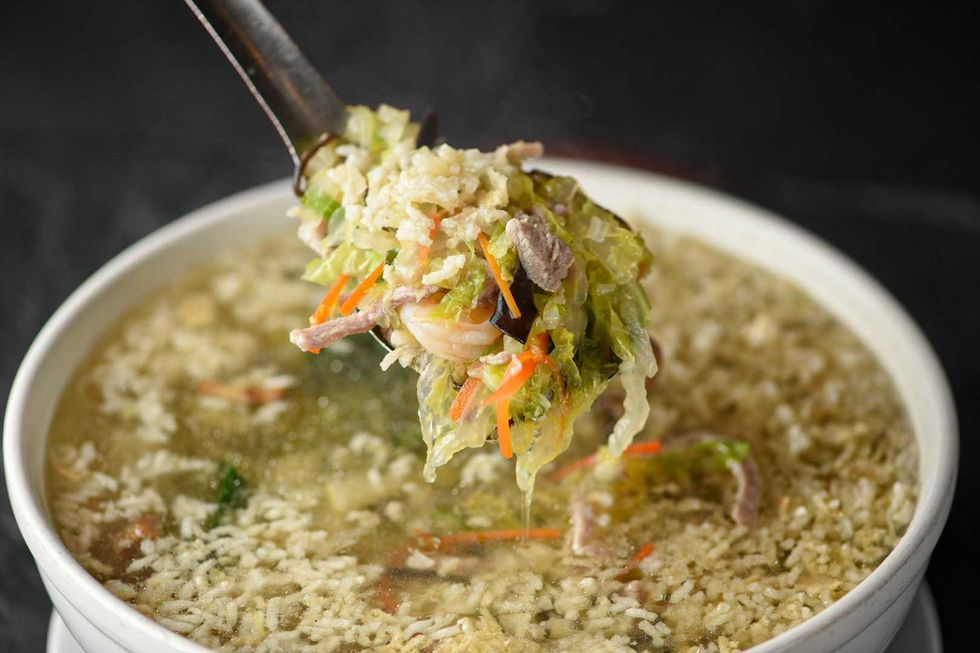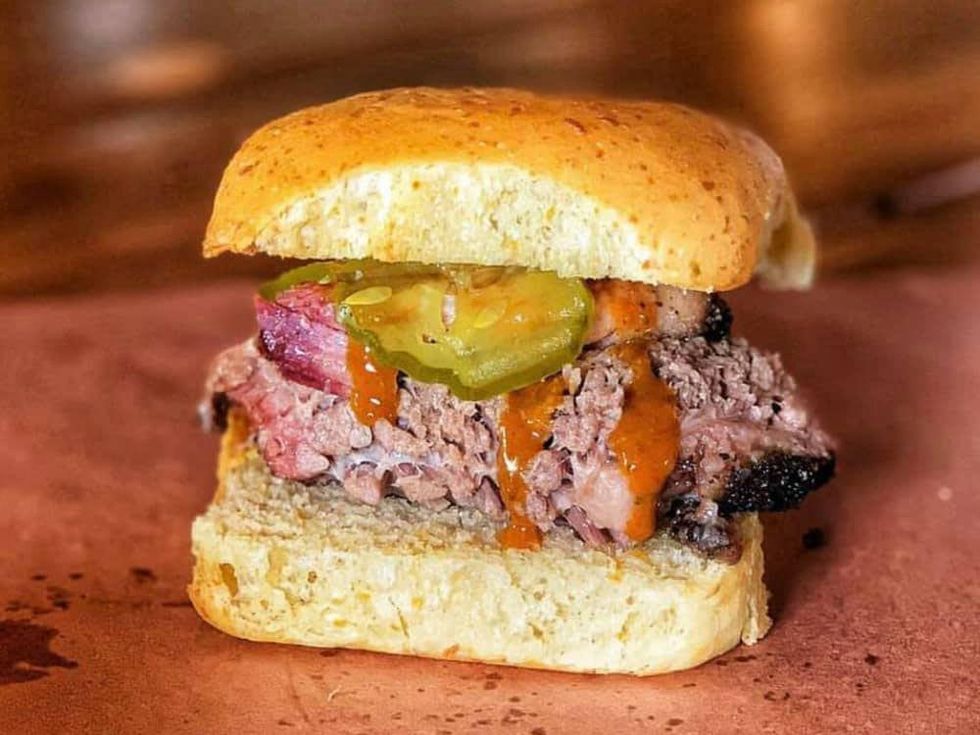go for launch
Houston's newest brewery launches near downtown with specialty beers and games

Despite turbulence in Houston's craft beer scene, people continue to see opportunities in serving Houstonians an expertly crafted IPA. Towards that end, a new brewery will open this fall just north of downtown.
Bad Astronaut Brewing Company will debut in the Hardy Yards neighborhood (1519 Fulton St.) in a 30,000-square-foot converted warehouse. When it opens, the facility will feature both a brewery and a taproom with a range of games such as pool tables, arcade machines, and board games.
Owners Chris Fall and Craig “Rocky” Keener describe themselves in a release as “very early employees” of Karbach Brewing, the well-regarded Houston brewery acquired by international brewing giant Anheuser-Busch InBev in 2016. Initially, they'll produce four beers for both the taproom and limited local distribution: American IPA, Hazy IPA, Munich Helles, and German Pilsner. Over time, the taproom will also offer other Bad Astronaut beers as well as guest taps from other Houston breweries.
“We are excited to bring Bad Astronaut Brewing Company to the Hardy Yards neighborhood,” Keener said in a statement. “Our goal is to deliver the highest quality beers and a fun destination for the community.”
Bad Astronaut's opening comes at a time of change for Houston's craft beer scene. Local Group Brewing, another brewery in Hardy Yards, was sold recently to Distincture Hospitality, a new company that ultimately plans to rebrand the brewery and reopen it with a new beer lineup. Similarly, Chron.com reports that Brash Brewing Company has recently been sold to a group comprised of Equal Parts Brewing owners Matt Peterson and Nick Sorenson and former Brash head brewer Vince Mandeville. City Acre Brewing, a brewpub in northeast Houston, had been scheduled to close on July 3 after six years of operations, but the business announced that a new owner will keep it open.
In a December 2021 episode of CultureMap's "What's Eric Eating" podcast, Saint Arnold founder Brock Wagner noted that small-to-medium-sized breweries faced a number of challenges over the past couple of years, including the lack of ability to sample at bars and grocery stores during the height of the pandemic, supply chain disruptions and price increases, and increased competition for shelf space as consumer tastes shifted towards seltzers and other new beverages. (Listen beginning at approximately 1:10.)
"It's a reminder that everything changes. To survive, you have to be innovating and evolving. Everybody wants things to stay as they are, but that isn't how things work," Wagner said about the changes in the market. He noted that smaller breweries and their taprooms essentially serve as neighborhood bars that don't require selling beyond their immediate area, but slightly larger breweries face a different set of challenges.
"Right now, I think the people who are seeing a lot of pressure are breweries that counted on distribution as part of their business model, and they're in the 5,000 to 20,000 barrels per year range. They're probably having a really challenging time with the way the market is evolving right now. My guess is a lot of those breweries are going to survive, because they'll evolve. The ones that don't will struggle."


